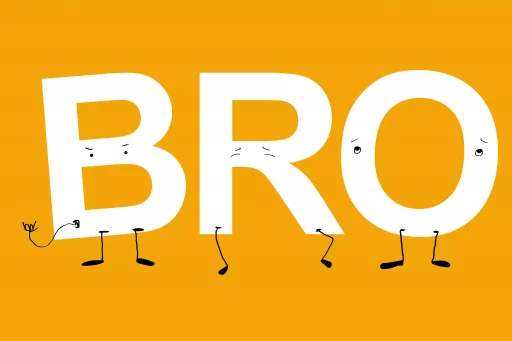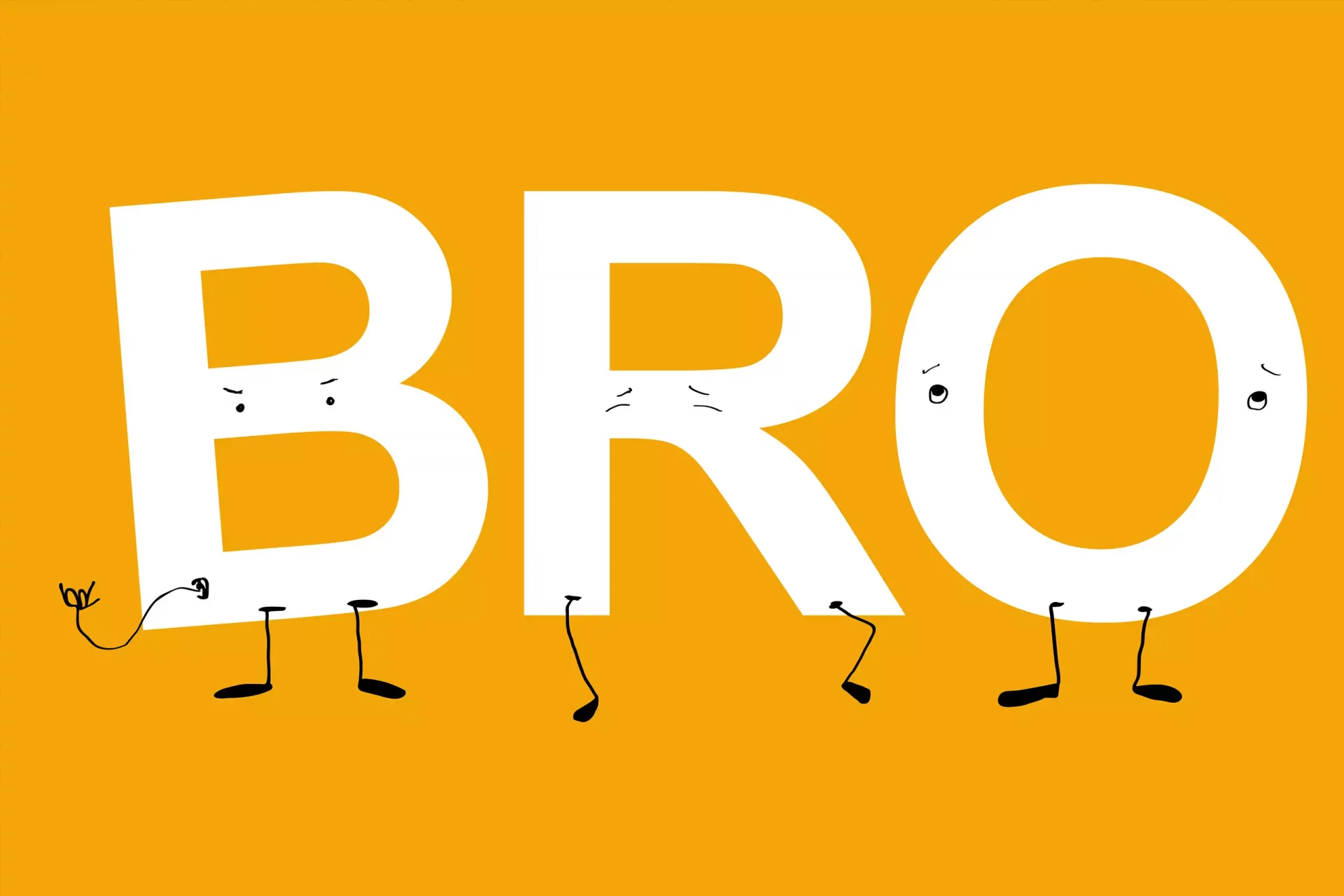Introduction to Ill Slang
The slang term ‘ill’ has undergone a significant evolution since its inception. Once used primarily in reference to something undesirable or sick, it has transformed within youth culture and urban lingo to represent something impressive or excellent. This radical shift in meaning exemplifies the power of language and its ability to adapt to cultural changes.
The Historical Context
Historically, the word ‘ill’ was rooted in negative connotations, often associated with sickness or misfortune. However, this perspective began to change in the late 20th century, particularly in urban centers influenced by hip-hop culture.
- 1970s: The term primarily referred to something bad or unhealthy.
- 1980s: In the New York City hip-hop scene, ‘ill’ began to be used positively to denote style and finesse.
- 1990s: Artists like A Tribe Called Quest and Nas popularized the term, solidifying its new meanings.
- 2000s and Beyond: ‘Ill’ became widely accepted in mainstream culture, appearing in various media and everyday conversations.
Case Studies: Usage in Music and Pop Culture
The transition from a negative to a positive connotation can be seen clearly through various case studies within music and pop culture. Artists have played a crucial role in popularizing the term.
- A Tribe Called Quest: Their use of ‘ill’ in tracks like “Check the Rhime” demonstrated new interpretations of the term.
- Nas: In his debut album “Illmatic,” the title itself showcased the word as something artistic and groundbreaking.
- Popular Media: Television shows and movies have embraced the term, with characters using it to express admiration or excitement.
For instance, in the show “Friends,” a character might exclaim, “That concert was ill!” conveying enthusiasm rather than disapproval. This shift is indicative of changing perceptions in youth language.
The Linguistic Transformation
This evolution of ‘ill’ reflects a deeper linguistic transformation where certain words are reclaimed and redefined by younger generations. This process serves multiple functions:
- Identity Formation: Using contemporary slang can foster a sense of belonging among peers.
- Social Commentary: Slang can reflect cultural experiences and sentiments, often serving as a tool for social commentary.
- Innovation in Language: Slang enriches language, adding layers of meaning and nuance.
Statistical Insights
Research into language use illustrates trends not only in the popularity of certain terms but also in the demographics that utilize them. A survey conducted by the Pew Research Center indicated that:
- Over 40% of teenagers reported using the term ‘ill’ in their daily conversations to describe something positive.
- Urban youth are 50% more likely to use slang terms creatively compared to rural youth.
- Social Media Influence: Platforms like Twitter and Instagram have amplified the use of ‘ill’ as influencers adopt the term to connect with younger audiences.
These statistics highlight not just the proliferation of the word ‘ill’ in modern dialogue but also its role in shaping communication among youth.
Conclusion: Reflecting Cultural Dynamics
The journey of ‘ill’ from a term of negativity to one of admiration encapsulates the dynamic nature of language and culture. As society evolves, so too does the vernacular we use to express ourselves. Embracing modern slang, like ‘ill’, is essential to understanding today’s youth culture and the linguistic trends that stem from it.
In summary, the term ‘ill’ illustrates how language is not static but rather a living entity, shaped by cultural influences, artistic expressions, and societal changes. As we continue to navigate an increasingly diverse and fast-paced world, the significance of slang in shaping our conversations remains undeniably profound.






